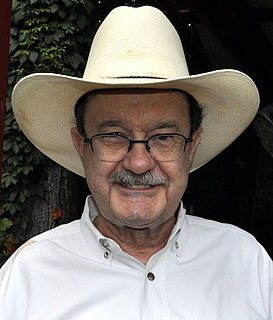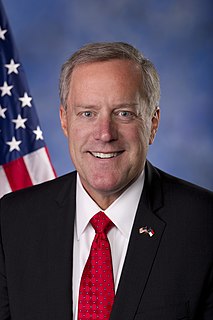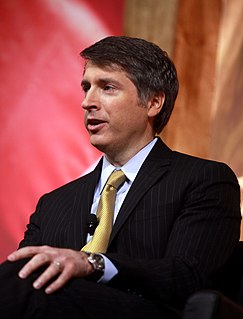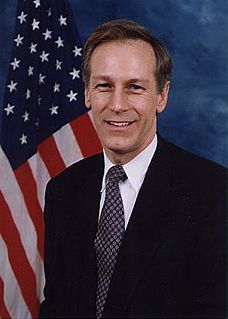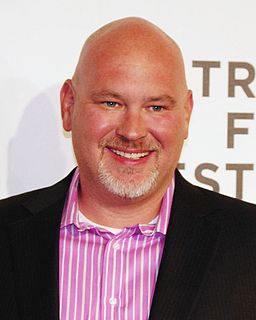A Quote by Joy Reid
Trump's cabinet picks seem designed to unwind government itself, leaving the average citizen completely exposed and vulnerable to full exploitation by corporate interests.
Related Quotes
Donald Trump and Sean Spicer do one thing after another to keep the media attention focused on them. And it works. These legislative achievements are being made which are chipping away at anything the government has that's of any use to anybody. Paul Ryan, I think, is the most dangerous guy in the government. He knows what he's doing. And it's very systematic. I presume he's behind the cabinet appointments, but it's pretty amazing that every single cabinet appointment is somebody devoted to destroying that part of government.
When Donald Trump was running for office, he made big claims about how he was going to fight for workers. But since in office, he has consistently moved against the interest of workers in favor of corporate interests - by rolling back important worker protections, advancing nominees to key posts with records of enabling the exploitation of working people, pushing for the dismantling of Obamacare, fighting for a tax bill that overwhelmingly favors the wealthy, etc.
On the question of opposition, I think there are - when you want to send a signal if you're on the Democratic side that this is a very right wing cabinet at odds with so much of what [Donald] Trump said. And it's also going to be fascinating to see if your Republican Party in the congress actually goes along with those aspects of the Trump plan that are designed to raise wages.
The royalists of the economic order have conceded that political freedom was the business of the government, but they have maintained that economic slavery was nobody's business. They granted that the government could protect the citizen in his right to vote, but they denied that the government could do anything to protect the citizen in his right to work and his right to live. Today we stand committed to the proposition that freedom is no half-and-half affair. If the average citizen is guaranteed equal opportunity in the polling place, he must have equal opportunity in the market place.

